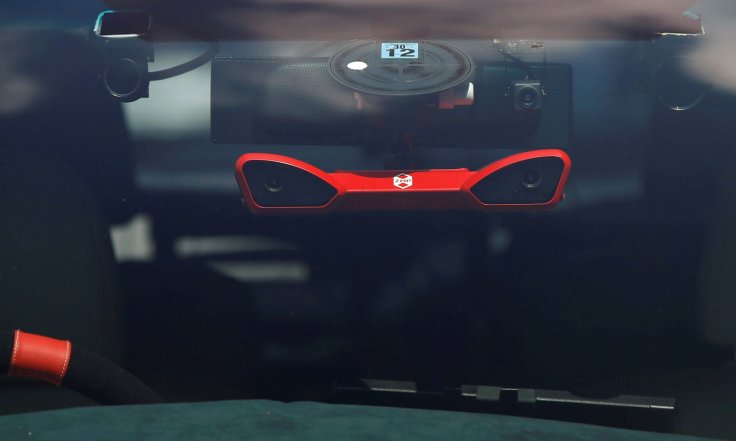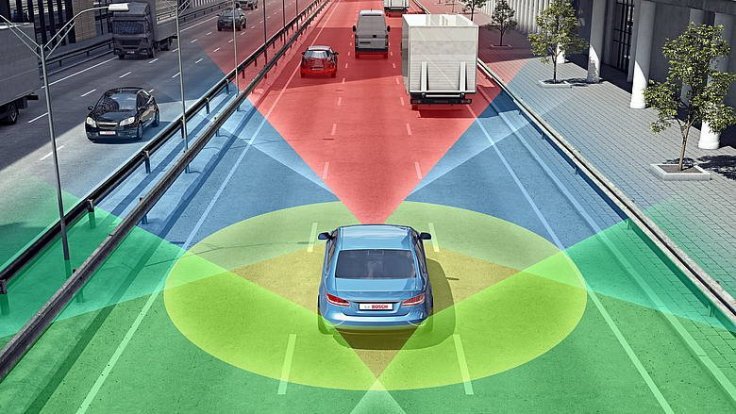As Artificial Intelligence (AI) technology integrates with automobiles, we arrived at self-driven cars and many associated upgrades, this includes HD mapping of streets and overall cities, and experts fear that data from such cars are vulnerable to be sold and 'harvested'.
Digital maps by the company 'Mobileye,' subsidiary of Intel, shows problems of streets such as traffic issues faced by drivers, cyclists, and pedestrians, these are clearly visible in the top-down view of the map from many cities across the world, reports Consumer Reports.
These maps are not yet for city planners, but a part of Mobileye's effort to the investors, journalists, and potential customers by compiling data like glowing bike lanes, as it can access a network of millions of sensors that are already built into private cars, which share the data irrespective of commuters' knowledge of it.
Global roadways profile

Nowadays, a new car in the market is likely to have a built-in camera in aid of the driver for safety and automation such as automatic emergency braking (AEB) and blind-spot warnings for smoother driving. Software and algorithm for this is mostly developed by Mobileye.
These cameras, while on its watch for potholes and sidewalk pedestrians, sends collected data on a cellular connection that's pre-embedded, thereby creating a detailed profile for all roadways globally. This data can also be sold as there is a demand for such car data.
This data has great potential for the common good provided that there is the protection of privacy, says David Friedman, VP of advocacy, Consumer Reports. However, he adds that currently there were no federal laws that limit such data collection its use, nor over disclosing what kind of data were shared, with whom.
A wild west

Friedman calls it 'a wild west out there.' Until now, more than 180 million miles of roads have been mapped by the company worldwide. That includes streets of Brooklyn, even the off-ramp in New Jersey Turnpike Plans of using these sensors in BMW vehicles are on, in order to do -what Mobileye calls- "harvesting." Already Ford, Nissan, and Volkswagen have been built with such sensors, harvesting from them would start in the US by 2021.
Camera is another such company collecting road data from commercial vehicles. Tesla also is upgrading by collecting video data for its partial autonomy software for private vehicles.
Could be a $750 billion industry

This data could be sold and analysts say that it could become a $750 billion industry in the next decade. In future, this HD data could be used to know where crashes usually take place, where usual speeding happens, also to know streets where streetlights aren't working and in identifying potholes, according to the report.
Tal Babaioff, head of the REM program, Mobileye, said to Consumer Reports that data collected would be anonymized and be pared-down. The company was not sending images and license plate details but only semantic information of the world, he said. According to a 2016 white paper by McKinsey made a projection that by 2030, the data collected from cars could be a $450 - 750 billion industry. Experts also say that lawmakers have to develop provisions protecting people against misusing collected by technology.








